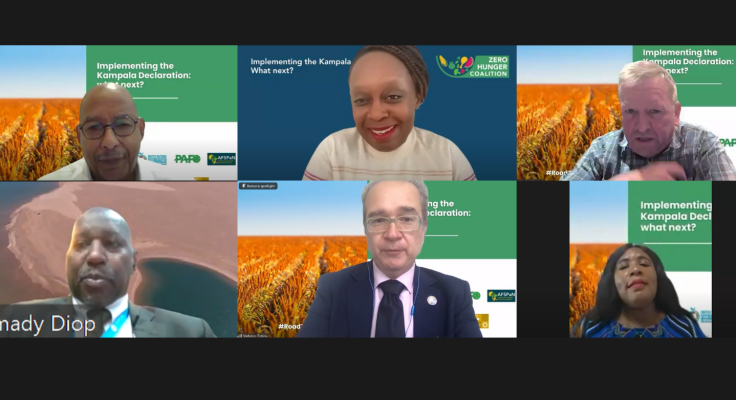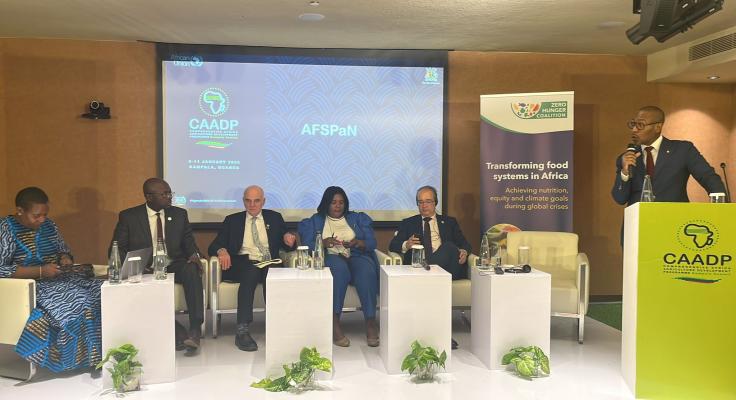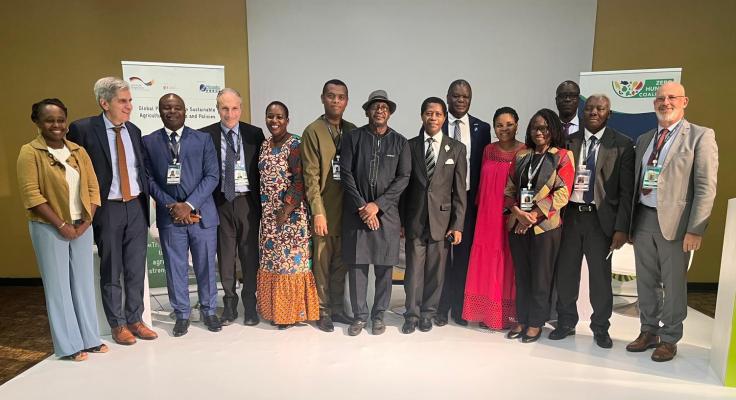Our Mission
We believe no human should be deprived of access to sufficient food and water. As society progresses, we must ensure we leave no one behind regarding fundamental human rights.
Today, 1 in 10 people – over 828 million – are hungry. Global food systems are in crisis as a result of the combined effects of conflict, climate change, pandemic-induced economic instability and the war in Ukraine. The price of food, fertiliser and fuel is increasing sharply, ultimately leading to rising global hunger and malnutrition.
The world needs to respond and take action – now. The Secretary General of the United Nations has called for action to avoid the global hunger crisis reaching unprecedented levels. The urgency of the situation in combination with the UN Food Systems Summit in September 2021 has galvanised significant political momentum to intensify action at country level. Zero Hunger is now identified as a priority for 84% of countries that have developed a National Food Systems Transformation Pathway.
The Zero Hunger Coalition catalyses coordinated action to achieve zero hunger in the world by 2030 by bringing a broad range of stakeholders together and aligning them to science-based, high-impact actions.
Our plan:
- Leverage the evidence base on high-impact investment areas for achieving zero hunger to support countries to identify systemic entry points for their national food system pathways.
- Support governments to take action and catalyse alignment around priority actions based on available research and evidence
- Engage the private sector through the Zero Hunger Private Sector Pledge to drive investment in agriculture and food systems in countries with high levels of hunger and malnutrition.
The Zero Hunger Coalition aligns its work with the outcomes of the UN Food Systems Summit 2021, using the national food systems pathways as guidance. In addition, the Coalition works together with the Food Systems Hub wherever possible, both at national and global levels.



